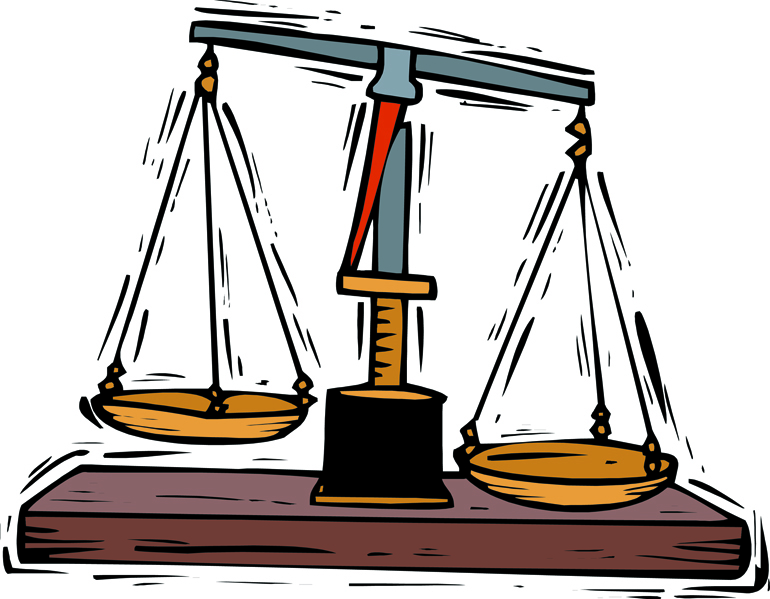Newly adoptive single parents, now is the time to think about the last thing you want to consider: your own death or disability. This is especially critical in cases where the adoption is not yet finalized, because the child is in legal limbo until finalization. For example, if a biological father who had not expressed an interest in the child previously gains interest as result of the death or disability of an adoptive mother (or father, or couple), he could challenge the adoption. This may happen even after finalization. He might allege that he was the victim of fraud or duress, or he may plead for sympathy arising from the changed circumstances. In any event, a thoughtfully drafted will with a guardianship provision can help to thwart such an effort.
A single mom should execute such a will as soon as her child comes into her home. Under most state laws, an adopted child is not automatically an “heir” until an adoption is finalized. Of course, the laws of every state are different with respect to adoption, guardianship, and estate planning. Nevertheless, some common principles apply in any new adoption.
There are two kinds of guardians a parent must think about when executing a will: a guardian of the person and a guardian of property. A guardian of the person is one who acts as a parent in the absence of a biological or adoptive parent, or when a parent of a minor is legally incompetent. A guardian of property, or trustee, is someone who looks after the property of a minor. It is important to name a guardian or co-guardians of both the person and the property of the adopted child in a will.
A new adoptive mom does not have the status of a legal parent until the adoption is finalized, and, therefore, none of her relatives have any automatic guardianship privileges should the mother die or become severely disabled before finalization. A probate court may choose not to abide by the expressed guardianship wishes of a decedent who was not a legal parent at the time of death, but in the absence of any compelling contrary arrangement, the court may choose to honor the guardianship provision in the will. Certainly, in the absence of such a provision, the court might feel compelled to look to the biological family of the child for guardianship. While that is not necessarily a bad thing, the adoptive mom will want to feel she has had some say in the guardianship arrangement should she die or become disabled.
A trustee is someone who acts pursuant to a trust agreement to care for property put in trust by a grantor of the trust (in this case, a trust created by the will of the adoptive mother). The trustee usually is empowered to distribute earnings from funds held in trust, or the trust funds themselves, to a minor until the minor reaches a particular age (say, 21).
If there is any substantial property to be left to the child, a trustee should be named to look after such property in trust for the benefit of the child until the child reaches an age the adoptive mom thinks appropriate for outright ownership of the property
The trustee can be the same person as the guardian or a different person. Often, if the trust funds are large enough, the trustee may be an institution (like a bank), but the guardian is always an individual (or more than one individual).
The above advice applies even if an adoption has been finalized. Remember, too, that state laws vary with respect to descent and distribution to adopted children. Most provide that a child becomes the legal heir of the adoptive parent(s) and is no longer the heir of the biological parent(s). The way to be certain that your child will be cared for after death is to provide for her in a will.






